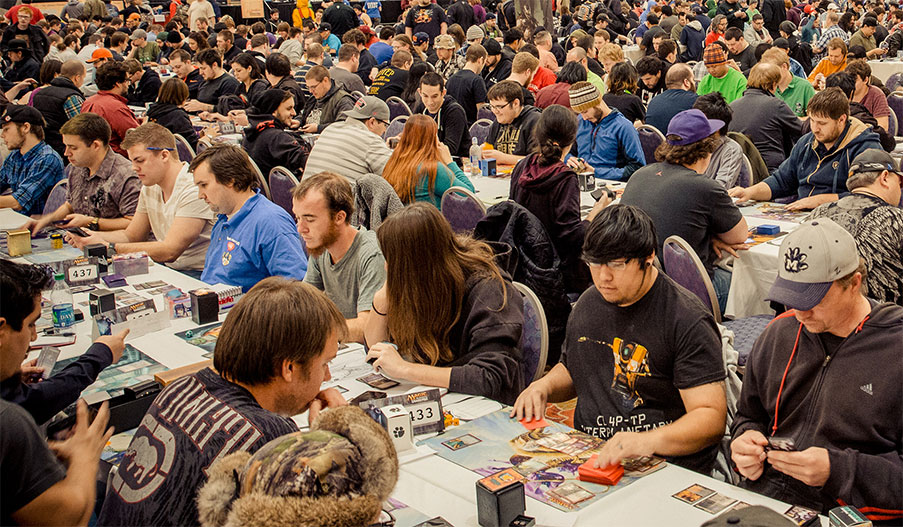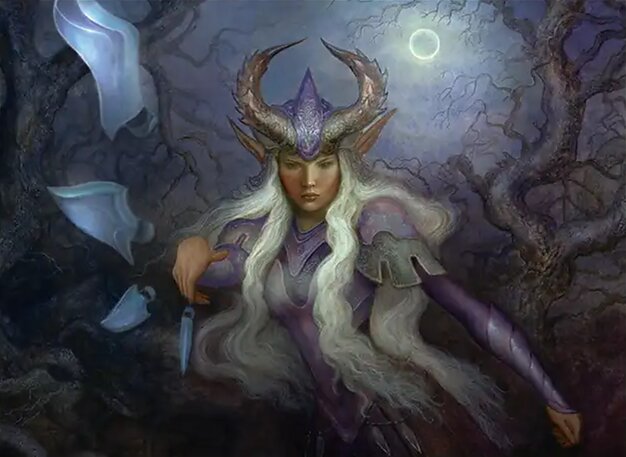
Walking into my first Magic: The Gathering tournament felt heavier than shuffling a sixty-card deck. I had only been playing for a short time, and this was my first real event. Tables were packed, players spoke in shorthand I barely understood, and everyone seemed confident in a way I wasn’t. I didn’t come with expectations of winning. I came because I loved the game, and I wanted to see what it felt like to play it the way I watched others do.
Continue reading



